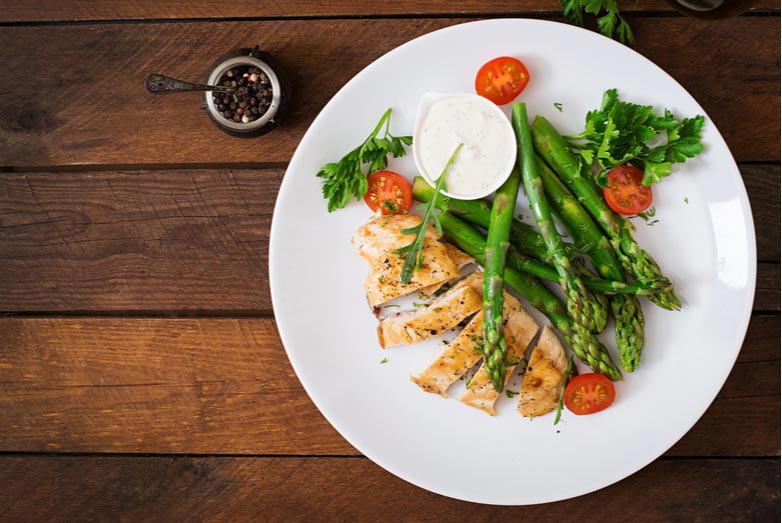Whether you are receiving hemodialysis or peritoneal dialysis treatment, you should follow a hemodialysis diet or kidney-friendly diet to protect your health. Understanding your condition and educating yourself on necessary dietary changes can make all the difference in improving quality of life and overall health.
When kidneys fail, or do not function properly, dialysis helps balance your body and restore kidney function. Dialysis also removes waste, such as salt and excess water from the body. Additionally, it helps balance levels of potassium, sodium, bicarbonate, and other chemicals. Lastly, it can help maintain healthy blood pressure. That’s why it’s so important to make it to all your dialysis treatments. Stellar Transportation is here to ensure you never miss an appointment!
Maintaining a healthy hemodialysis diet in between treatments is fundamental to your health.
7 Tips For a Kidney-Friendly Diet
1. Protein is Power
Dialysis patients should consume 8-10 ounces of high protein foods every day. Protein helps maintain blood protein levels while giving your body energy and strength. Some great protein rich foods include eggs, mushrooms, meat, poultry, and fish. Not all high protein foods are recommended for a hemodialysis diet. For instance, foods like peanut butter and lentils have a lot of protein but they are also high in potassium and phosphorous. For the most part, a dialysis diet should limit or avoid potassium and phosphorus.
2. Reduce Your Sodium Intake
Salt, aka sodium, is a common ingredient found in many foods, especially processed foods. By reducing your sodium intake, you can reduce weight gain between dialysis treatments and gain more control of your blood pressure. If you use salt substitutes, avoid anything made with potassium. To keep your diet healthy and flavorful, add herbs and spices instead of salt.
3. Limit How Much Dairy You Consume
Dairy products contain high levels of phosphorus, and when your kidneys are not functioning properly they struggle to remove phosphorous. Limit your daily dairy intake to ½-cup of yogurt or milk, or 1-ounce of cheese. Skim and low fat milk contain the same amount of phosphorus as whole milk.
That doesn’t mean you should cut out phosphorus completely, unless advised by your doctor. If you are not eating any high-phosphorus foods, talk to your doctor about adding a phosphate binder to one of your daily meals.
4. Make Sure to Eat Enough Grain Each Day
Grains are an important part of a hemodialysis diet. If you are trying to limit your caloric intake or control blood sugar levels, your doctor may encourage you to eat more grains.
Most people on a hemodialysis diet are advised to eat between 6 and 11 servings of grain each day.
5. Limit Potassium
Talk to your doctor about how much potassium is safe to consume for your hemodialysis diet. Traditionally, potassium offers benefits to your heart and muscles, and helps cells function properly. However, without proper kidney function your body can lose its ability to properly use and control potassium levels. As we mentioned above, certain high protein foods or salt substitutes are high in potassium and should be avoided. It’s important to note that some fruits are higher in potassium, such as oranges, bananas, and melons–just to name a few.
6. Stay Hydrated
When you are receiving dialysis treatment, it is important to stay hydrated without overdoing it on the liquids. When your body fails to remove waste properly, you may need more or less fluids than normal. Your doctor can help guide you in the right direction.
#7. Communicate with Your Doctor & Dietician
It is your responsibility to eat a balanced diet, but there are so many people here to support you along the way. Keep communication open with your doctor and consider working with a dietician to achieve the best results. Online forums provide another source of support that is free of charge.
Transportation to Dialysis in Melbourne, FL
As a leading provider for non-emergency medical transportation, we understand the importance of making it to weekly treatments free of stress. You are going to have good days and bad days, and we are here for you every mile of the journey. Contact us today to learn more about our compassionate non-emergency medical transportation services.

